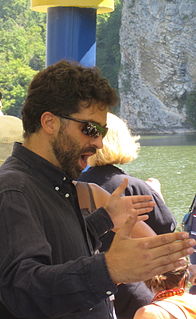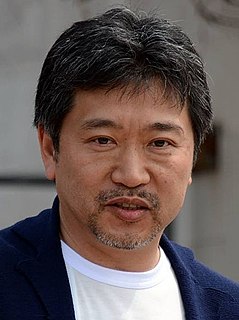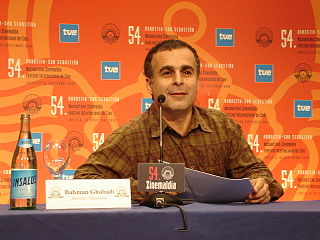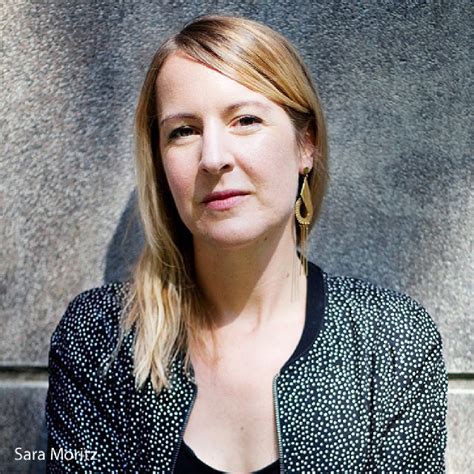A Quote by Werner Herzog
For me, the distinction between documentaries and feature films is not so clear - my "documentaries" were largely scripted, rehearsed, and repeated, and have a lot of fantasy and concoction in them.
Quote Topics
Related Quotes
The message films that try to be message films always fail. Likewise with documentaries. The documentaries that work best are the ones that eschew a simple message for an odd angle. I found that one of the most spectacular films about the Middle East was 'Waltz With Bashir,' or 'The Gatekeepers,' or '5 Broken Cameras.'

































